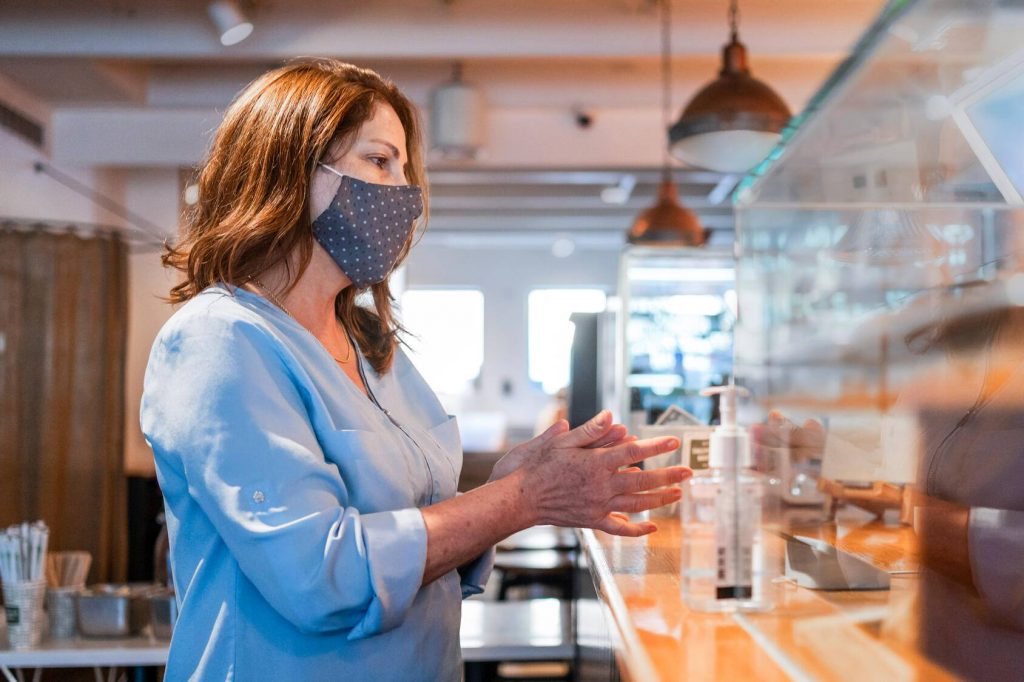-
COVID-19
Mayo Clinic Q&A podcast: Post COVID-19 syndrome can be a long haul

Most people who have COVID-19 recover completely within a few weeks. But some people — even those who had mild versions of the disease — continue to experience symptoms after their initial recovery.
Sometimes called “long haulers” or “long COVID," these patients can have fatigue, shortness of breath, brain fog and other symptoms long after the time of their infection.
Post-COVID-19 syndrome conditions are generally considered to be effects of COVID-19 that persist for more than four weeks after you've been diagnosed with COVID-19 infection.
A recent Mayo Clinic study on post-COVID-19 symptoms found that more women than men suffer long-term effects. Women predominantly showed symptoms of fatigue, followed by muscle pain and low blood pressure, while men primarily experienced shortness of breath.
Research is also underway to better understand what may be causing post-COVID-19 syndrome.
"We do have some research now that shows that some of the cells that are used to create immunity after an infection, they may be malfunctioning in this condition in patients with long-haul COVID," says Dr. Greg Vanichkachorn, director of Mayo Clinic’s COVID Activity Rehabilitation Program. "We also now have some research that shows that patients with this condition can have antibodies against themselves, otherwise known as an auto-antibody. And this may be associated with the long-haul COVID state, so immune dysfunction and auto immunity, they may be at play here."
The COVID Activity Rehabilitation Program at Mayo Clinic helps people experiencing post-COVID-19 syndrome by working with patients to decrease symptoms and improve overall functioning and quality of life.
On the Mayo Clinic Q&A podcast, Dr. Vanichkachorn discusses how treatment can help patients who suffer from post-COVID-19 syndrome.
Watch: Dr. Vanichkachorn discuss post-COVID-19 syndrome.
_______________________________
For the safety of its patients, staff and visitors, Mayo Clinic has strict masking policies in place. Anyone shown without a mask was recorded prior to COVID-19 or recorded in an area not designated for patient care, where social distancing and other safety protocols were followed.
Information in this post was accurate at the time of its posting. Due to the fluid nature of the COVID-19 pandemic, scientific understanding, along with guidelines and recommendations, may have changed since the original publication date.
For more information and all your COVID-19 coverage, go to the Mayo Clinic News Network and mayoclinic.org.
Learn more about tracking COVID-19 and COVID-19 trends.








